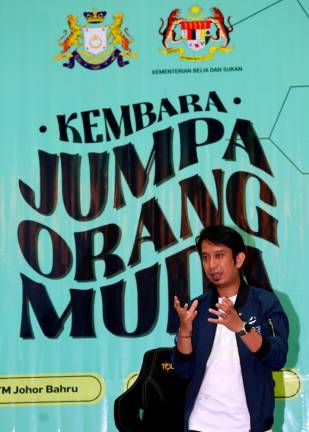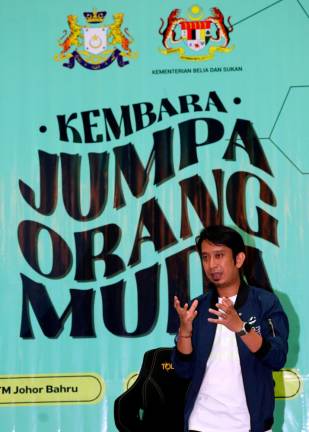THE initiation of a health education programme as a subject or curriculum must start at the elementary education level.
The Health Ministry has sounded the alarm, revealing that 73% of deaths result from Non-communicable diseases (NCD) or “silent killers” such as diabetes, hypertension, stroke and heart attacks.
Recent statistics revealed that Malaysia is the “fattest nation” in Southeast Asia, attributing the rise in obesity to excessive sugar consumption, especially among school children who indulge in high intake of fast food and sweetened beverages.
What has become of the physical education curriculum in our schools? We used to engage in easy jogging for warm-ups, followed by stretching exercises from head to toe, before participating in a short football, hockey or volleyball game.
A survey conducted by the Institute of Public Health and the Health Ministry revealed that the daily sugar intake among our youths has significantly increased in 2017 compared with 2012. This trend is linked to a sedentary lifestyle, with many engaging in computer games.
To make matters worse, many of our playing fields have been repurposed in the name of commercial development.
Where are the days of knocking cards, kite flying, tops, ball chop, police and thief, spider and marble games – activities that filled our childhood throughout the year? The country once managed to produce outstanding athletes and foster healthy citizens, with a lifespan exceeding 72 for men and 79 for women.
The government has recently implemented a sugar tax on sweetened beverages, however, exempting handcrafted beverages, such as bubble tea, may undermine the goal of promoting a healthier and sports-oriented nation.
Relying on food and drink manufacturers to voluntarily adopt responsible and self-regulatory practices when selling sugary products may not be sufficient.
Knowing that our daily high sugar intake is the main culprit, we need to exercise self-discipline, and there must be an ongoing awareness campaign to educate Malaysians through newspapers and electronic media about the hidden sugar content in numerous unsuspecting foods, including yoghurt and salad dressings, granola bars and sauces.
Another big source of sugar in our diets comes from high-carbohydrate foods such as bagels and rice, which are quickly broken down into sugar in our bodies.
The Food and Nutrition Research UK Journal pointed out that individuals tended to gain more weight with increased consumption of refined carbohydrates.
The more sugar we consume, the more it tends to make us crave additional amounts.
Studies have linked excessive sugar intake to various health issues, including heart diseases, high blood pressure, tumour growth, cognitive decline, liver failure and the development of insulin resistance – a precursor to diabetes. Why take chances with our precious lives?










